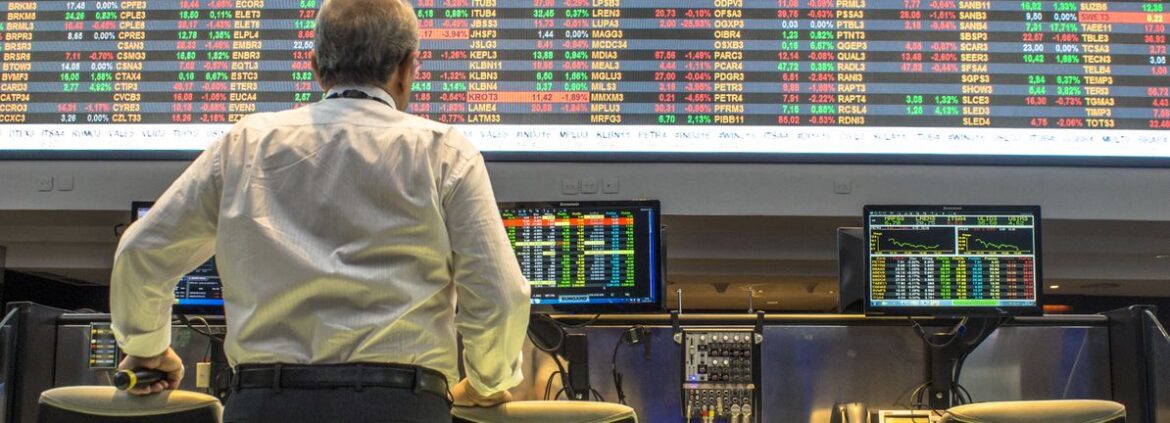Japan Exchange Group, Inc. (TSE:8697) is about to trade ex-dividend in the next 3 days. The ex-dividend date is commonly two business days before the record date, which is the cut-off date for shareholders to be present on the company’s books to be eligible for a dividend payment. The ex-dividend date is important as the process of settlement involves at least two full business days. So if you miss that date, you would not show up on the company’s books on the record date. Meaning, you will need to purchase Japan Exchange Group’s shares before the 29th of September to receive the dividend, which will be paid on the 2nd of December.
The company’s next dividend payment will be JP¥21.00 per share, and in the last 12 months, the company paid a total of JP¥53.00 per share. Based on the last year’s worth of payments, Japan Exchange Group has a trailing yield of 3.1% on the current stock price of JP¥1690.00. Dividends are an important source of income to many shareholders, but the health of the business is crucial to maintaining those dividends. So we need to investigate whether Japan Exchange Group can afford its dividend, and if the dividend could grow.
This technology could replace computers: discover the 20 stocks are working to make quantum computing a reality.
Dividends are typically paid out of company income, so if a company pays out more than it earned, its dividend is usually at a higher risk of being cut. Japan Exchange Group is paying out an acceptable 59% of its profit, a common payout level among most companies.
When a company paid out less in dividends than it earned in profit, this generally suggests its dividend is affordable. The lower the % of its profit that it pays out, the greater the margin of safety for the dividend if the business enters a downturn.
Check out our latest analysis for Japan Exchange Group
Click here to see the company’s payout ratio, plus analyst estimates of its future dividends.
 TSE:8697 Historic Dividend September 25th 2025 Have Earnings And Dividends Been Growing?
TSE:8697 Historic Dividend September 25th 2025 Have Earnings And Dividends Been Growing?
Stocks in companies that generate sustainable earnings growth often make the best dividend prospects, as it is easier to lift the dividend when earnings are rising. If earnings decline and the company is forced to cut its dividend, investors could watch the value of their investment go up in smoke. With that in mind, we’re encouraged by the steady growth at Japan Exchange Group, with earnings per share up 6.4% on average over the last five years.
Many investors will assess a company’s dividend performance by evaluating how much the dividend payments have changed over time. In the last 10 years, Japan Exchange Group has lifted its dividend by approximately 17% a year on average. We’re glad to see dividends rising alongside earnings over a number of years, which may be a sign the company intends to share the growth with shareholders.
The Bottom Line
Has Japan Exchange Group got what it takes to maintain its dividend payments? Earnings per share have been growing at a reasonable rate, and the company is paying out a bit over half its earnings as dividends. In sum this is a middling combination, and we find it hard to get excited about the company from a dividend perspective.
However if you’re still interested in Japan Exchange Group as a potential investment, you should definitely consider some of the risks involved with Japan Exchange Group. In terms of investment risks, we’ve identified 1 warning sign with Japan Exchange Group and understanding them should be part of your investment process.
A common investing mistake is buying the first interesting stock you see. Here you can find a full list of high-yield dividend stocks.
New: Manage All Your Stock Portfolios in One Place
We’ve created the ultimate portfolio companion for stock investors, and it’s free.
• Connect an unlimited number of Portfolios and see your total in one currency
• Be alerted to new Warning Signs or Risks via email or mobile
• Track the Fair Value of your stocks
Try a Demo Portfolio for Free
Have feedback on this article? Concerned about the content? Get in touch with us directly. Alternatively, email editorial-team (at) simplywallst.com.
This article by Simply Wall St is general in nature. We provide commentary based on historical data and analyst forecasts only using an unbiased methodology and our articles are not intended to be financial advice. It does not constitute a recommendation to buy or sell any stock, and does not take account of your objectives, or your financial situation. We aim to bring you long-term focused analysis driven by fundamental data. Note that our analysis may not factor in the latest price-sensitive company announcements or qualitative material. Simply Wall St has no position in any stocks mentioned.


AloJapan.com